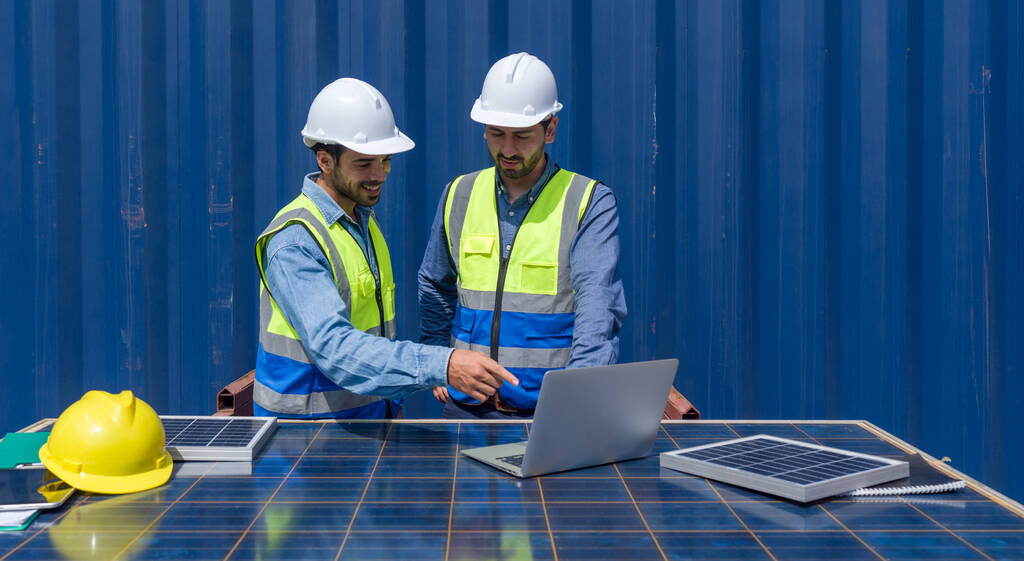Top 10 Questions You Might Have
How can solar energy help me save money on my electricity bills?
Solar energy can help you save money on electricity bills by generating your own clean and renewable energy. By relying less on traditional utility power, you can significantly reduce or eliminate your monthly electricity expenses.
What is the average payback period for a solar panel system?
The average payback period for a solar panel system varies depending on factors such as installation costs, energy usage, and available incentives. However, many homeowners experience payback within 5 to 10 years, after which they can enjoy virtually free electricity for decades.
Are there any tax incentives or rebates available for installing solar panels?
Yes, there are various tax incentives and rebates available for installing solar panels. These can include federal investment tax credits (ITC), state-level incentives, and local utility programs. These incentives can significantly offset the initial installation costs and improve the financial returns of your solar investment.
How do rising electricity rates affect the financial benefits of going solar?
Rising electricity rates can erode your savings from going solar. However, by generating your own electricity with solar panels, you can hedge against these increases and lock in lower energy costs for the long term. This can lead to substantial savings over the lifespan of your solar panel system.
Can solar energy help protect me against future increases in utility rates?
Yes, solar energy can help protect you against future increases in utility rates. As utility rates tend to rise over time, your solar panels will continue to produce clean energy at a predictable and consistent rate, shielding you from the impact of escalating electricity costs.
What financing options are available for installing solar panels?
There are several financing options available for installing solar panels. These include cash purchases, solar loans, and solar leases or power purchase agreements (PPAs). Each option has its own advantages and considerations, allowing you to choose the one that best fits your financial goals and circumstances.
Are there any additional costs or maintenance expenses associated with owning solar panels?
While solar panels generally require minimal maintenance, there may be some additional costs associated with owning them. These can include periodic cleaning, inverter replacements (typically after 10-15 years), and potential repairs. However, these costs are often outweighed by the long-term savings and benefits of solar energy.
How does net metering work and how can it further contribute to my savings?
Net metering allows you to sell excess solar energy back to the grid, earning credits that can offset future electricity bills. This arrangement ensures that you benefit from the full value of the solar energy you generate, maximizing your savings and making your solar investment even more financially rewarding.
Will installing solar panels increase the value of my home?
Yes, installing solar panels can increase the value of your home. Studies have shown that homes with solar panels tend to sell at a premium compared to similar homes without solar. Potential buyers recognize the long-term savings, environmental benefits, and energy independence associated with solar energy, making your property more attractive in the real estate market.
Can I sell excess solar energy back to the grid and earn money?
Depending on your location and local regulations, you may have the opportunity to sell excess solar energy back to the grid and earn money through programs like feed-in tariffs or solar renewable energy certificates (SRECs). These programs allow you to monetize the surplus energy your solar panels generate, further enhancing the financial benefits of going solar.
$0 down installations.
Start saving with solar from day one with $0 upfront installation costs through our approved installers in your area. Our financing options make it possible for homeowners to enjoy the benefits of solar energy without any initial investment.

